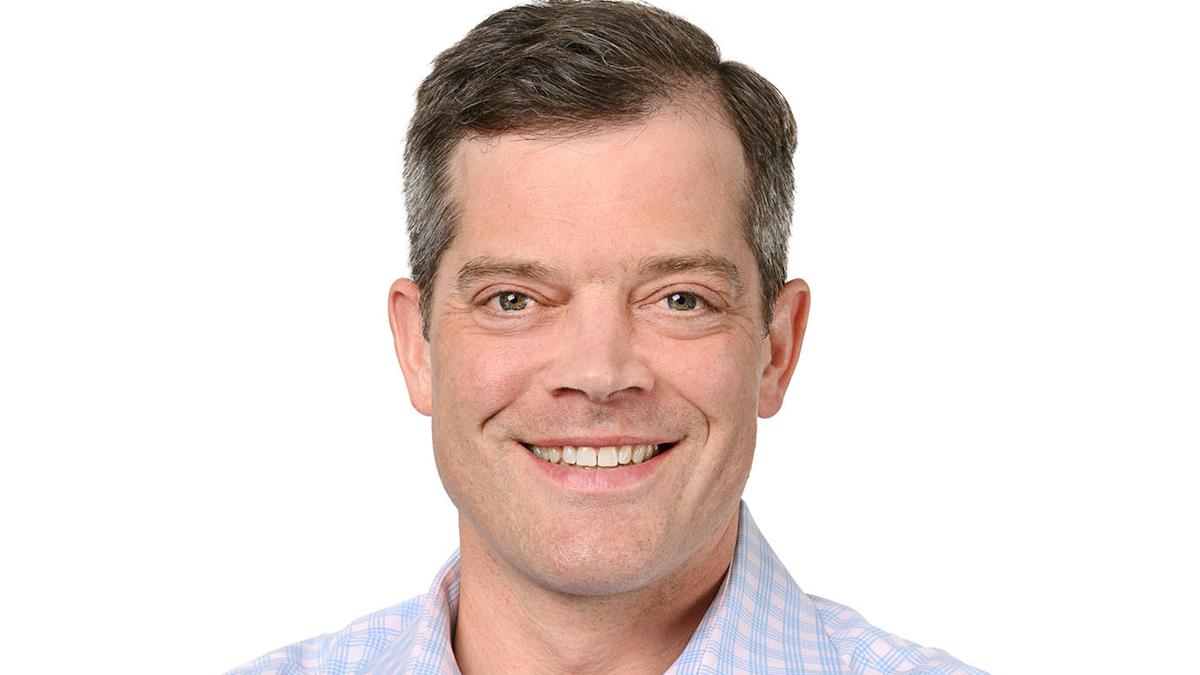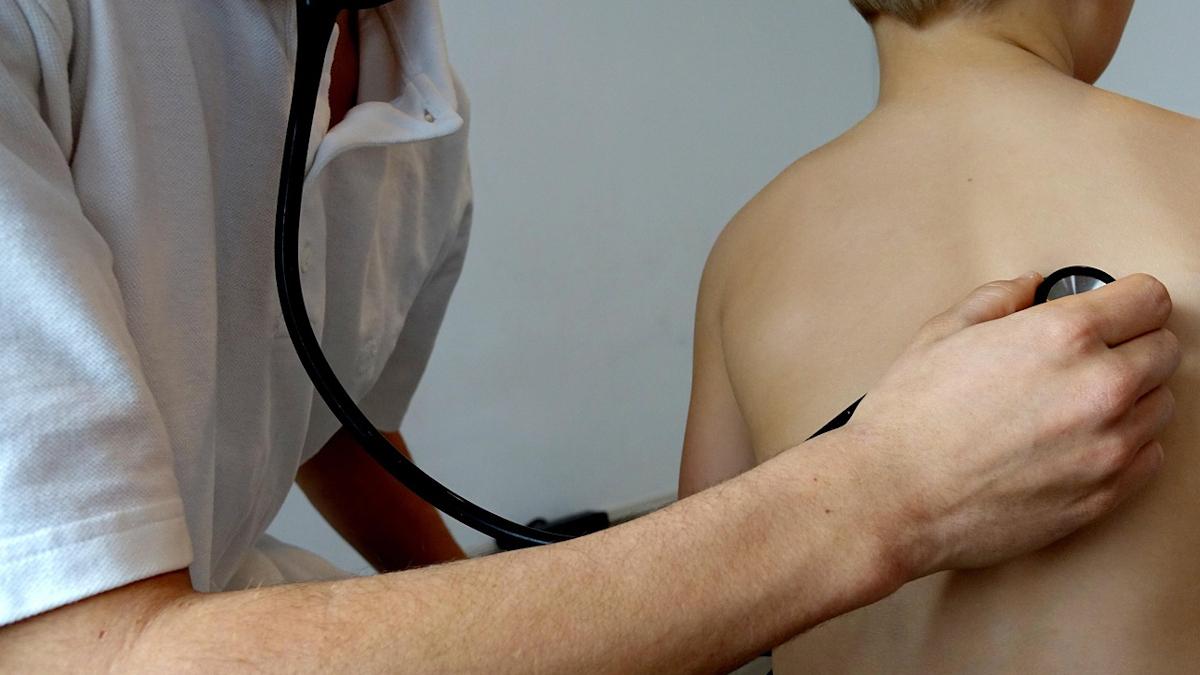Atlas closes $450m biotech fund, and other financing news

Atlas Venture partner Bruce Booth
Investment group Atlas Ventures has closed its fourteenth fund, raising $450 million for the next round of investment in biotech start-ups.
Fund XIV comes two years after Atlas' last fund and will be devoted to "talented entrepreneurs to found, seed, incubate, and invest in new biotech start-ups bringing new medicines to patients," according to the venture capital firm.
In a blog post, Atlas partner Bruce Booth said that the fundraising was "the smoothest, most efficient, and most oversubscribed fundraise we've had in […] 20 years" and could have been several times bigger. The decision was taken to maintain a disciplined and focused approach, however, and stick to the format that has served it well in the past.
Booth explained that larger funds find it much harder to generate good returns on their investment. A $450 million fund needs to make proceeds of $1.1 billion, from five 'winners' generating around $200 million apiece, for example. However, a $2 billion fund needs to make $5 billion back, so those five winners have to generate around $1 billion in value.
"Other than Flagship's fund with the monster Moderna position in 2020-2022, I don't think that's ever been done before in the history of the biotech industry," he said.
Atlas' 2022 fund, which raised the same amount and supported the launch of 16 companies, ended up backing four companies or programmes that went on to be acquired by big pharma groups (Nimbus' Tyk2 program, Versanis Bio, Aiolos Bio, and Mariana Oncology), four that went public (Disc Medicine, Korro Bio, Q32 Bio, and Third Harmonic Bio) and one – Day Pone Biopharma – that chalked up its first product approval.
"We're going to be disciplined, respect the math problem, and stick to the strategy that works for us, our portfolio, and the patient needs we are trying to address," said Booth.
Nuvig, Maze, and Antag close funding rounds
In other financing news this week, immunomodulation therapy developer Nuvig Therapeutics has completed a $161 million second-round financing that will help to fund phase 2 trials of its lead drug for autoimmune diseases.
The cash is earmarked for proof-of-concept clinical studies of NVG-2089, a recombinant Fc fragment immunomodulator designed to bind type II Fc receptors and improve autoimmune dysregulation and Nuvig's preclinical pipeline. NVG-2089 is designed to suppress autoimmune reactions without blocking other immune system processes.
The Menlo Park, California biotech plans to test NVG-2089 in chronic inflammatory demyelinating polyneuropathy (CIDP) – a neurological disorder that causes weakness and impaired feeling in the limbs – and other indications "for which there is high unmet need for non-immunosuppressive, efficacious new therapies," including some conditions affecting the skin.
NVG-2089 has already completed a phase 1 trial backing its safety and tolerability and confirming its mechanism of action, according to Nuvig, which raised $47 million in first-round financing in 2022.
The Series B was co-led by Sanofi Ventures, Blue Owl Healthcare Opportunities, and Norwest Venture Partners and also saw participation from B Capital, Leaps by Bayer, Global BioAccess Fund, LOTTE Holdings, Alexandria Venture Investments, funds managed by abrdn, Novo Holdings, Platanus, Bristol Myers Squibb, Digitalis Ventures, and Mission BioCapital.
Genetic medicines developer Maze Therapeutics raised $115 million in a Series D that will allow it to advance two of its drug candidates through clinical development.
South San Francisco-based Maze is currently focusing on two in-house candidates – oral APOL1 inhibitor MZE829 and oral SCL6A19 inhibitor MZE782 – which are derived from its R&D platform that generates small-molecule compounds that target disease-associated genes.
MZE829 is due to start a phase 2 trial in the first quarter of 2025 in APOL1 kidney disease (AKD), while MZE782 is currently in a phase 1 healthy volunteer study and is a potential therapy for chronic kidney disease (CKD), as well as phenylketonuria (PKU).
The financing was co-led by Frazier Life Sciences and Deep Track Capital, with Janus Henderson Investors, Logos Capital, Third Rock Ventures, ARCH Venture Partners, Matrix Capital Management, GV, General Catalyst, Andreessen Horowitz (a16z), Foresite Capital, Woodline Partners LP, Casdin Capital, Piper Heartland Healthcare Capital, Moore Strategic Ventures, and other unnamed investors also taking part.
Finally this week, Danish biotech Antag Therapeutics showed its hand in the obesity drug category, raising €80 million ($84 million) in first-round financing for what it calls a "next-generation" weight-loss therapy.
The drug – codenamed AT-7687 – is a glucose-dependent insulinotropic polypeptide receptor (GIPR) antagonist that is designed to be given alongside the current generation of incretin therapies like Novo Nordisk's Wegovy (semaglutide) and Eli Lilly's Zepbound (tirzepatide), as well as future market entrants, or as a monotherapy for maintaining weight loss. Clinical trials are due to start next year.
AT-7687 aims to address some of the issues with current therapies, including tolerability issues and loss of muscle mass, while also accentuating their ability to help people shed weight. GIPR levels vary between individuals, and those with lower amounts tend to have reduced body fat and a lower body mass index (BMI).
Versant Ventures led the Series A, with founding investor Novo Holdings also taking part and joined by SR One, Dawn Biopharma, Pictet, Longview Ventures, and the Export and Investment Fund of Denmark.












